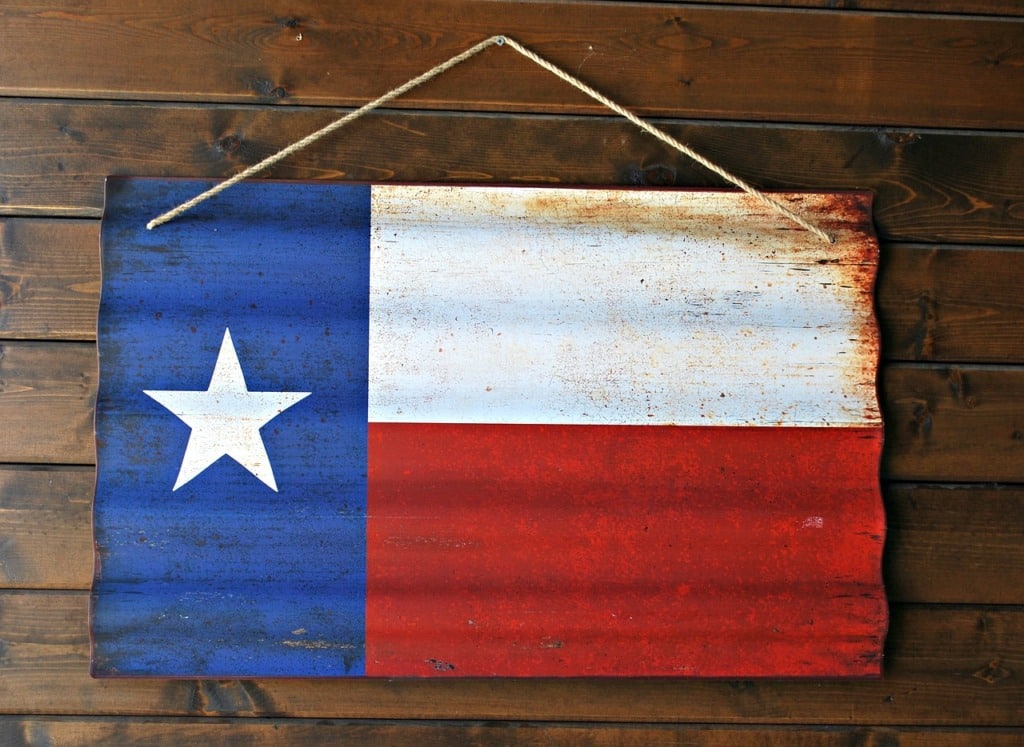D.C. Circuit Limits Jurisdiction over Foreign States in Breach of Contract Claims
Circuit courts have split on the issue of what is required for a breach of contract to have a “direct effect” in the United States for the purposes of the Foreign Sovereign Immunity Act (FSIA) (a primer on foreign sovereign immunity is available here). Rulings in the Seventh and Eleventh Circuits impose a “place of…
Continue ReadingMexico’s Claims Against Gun Manufacturers Suffer a Personal Jurisdiction Setback
In 2021, Mexico sued seven U.S. gun manufacturers in federal district court for the District of Massachusetts, alleging that they design, market, and sell guns in ways that they know will arm Mexican drug cartels. As described in an earlier post, the First Circuit held that some of Mexico’s claims were not barred by the…
Continue ReadingA Troubling Decision in the Fifth Circuit
The Fifth Circuit has issued a number of opinions over the years relating to the enforceability of forum selection clauses in transnational cases. Its recent decision in Matthews v. Tidewater, Inc. is among the most troubling. Background The plaintiff, Marek Matthews, worked as a seaman and captain from 1982 to 2016 on offshore supply vessels…
Continue ReadingThird Circuit Addresses Email Service under the Hague Service Convention
A new decision by the Third Circuit, SEC v. Lahr, correctly analyzes the tricky question of email service under the Hague Service Convention. The court’s clear explanation will be of great help to district courts across the country, which remain divided on this question. Unfortunately, the Third Circuit chose not to publish its decision, so…
Continue ReadingEighth Circuit Rejects Argument for Foreign-Policy Abstention
On August 1, 2024, the Eighth Circuit issued its decision in Reid v. Doe Run Resources Corp., rejecting defendants’ argument that the case should be dismissed based on international comity. As Maggie Gardner has explained in greater detail here and here, the plaintiffs in Reid are more than 1,400 Peruvian citizens who suffered harm as…
Continue ReadingRecent Developments Concerning the Hague Judgments Convention and COCA
Although the United States signed Hague Convention on Choice of Court Agreements (COCA) in 2009, it has yet to ratify it. In this post, I report on some recent developments that offer a basis for (cautious) optimism that the United States may soon take the necessary steps to ratify both COCA and the Hague Judgments…
Continue ReadingMore Thoughts on the Seventh Circuit’s Motorola Decision
Like Tim Holbrook, we found the Seventh Circuit’s decision in Motorola Solutions, Inc. v. Hytera Communications Corp. Ltd. provocative. Motorola expands the reach of the Defend Trade Secrecy Act (DTSA) in ways that strike us as inconsistent with the Supreme Court’s concerns about extraterritorial application of U.S. law, particularly in the context of intellectual property…
Continue ReadingSeventh Circuit Explores Copyright and Trade Secret Extraterritoriality
In Motorola Solutions, Inc. v. Hytera Communications Corp. Ltd., the Seventh Circuit recently addressed the extraterritorial reach of two federal intellectual property statutes, the Defend Trade Secrets Act (DTSA) and the Copyright Act. The court held that the DTSA does apply extraterritorially and allowed recovery on that basis. The court, however, rejected the recovery of…
Continue ReadingFourth Circuit Rejects Forum Non Conveniens Defense to Enforcing Arbitral Award
The New York Convention governs the recognition and enforcement of most foreign arbitral awards in the United States. Article V of the Convention sets forth limited grounds on which enforcement may be refused. But Article III makes the enforcement of foreign arbitral awards subject to “the rules of procedure of the territory where the award…
Continue ReadingFuld and Waldman Plaintiffs Seek Supreme Court Review
TLB has followed the Second Circuit’s decisions holding unconstitutional the Promoting Security and Justice for Victims of Terrorism Act of 2019 (PSJVTA) and denying an en banc rehearing in Fuld v. Palestine Liberation Organization and Waldman v. Palestine Liberation Organization over a strong dissent by Judge Steven Menashi. As predicted, the plaintiffs recently filed a…
Continue Reading







